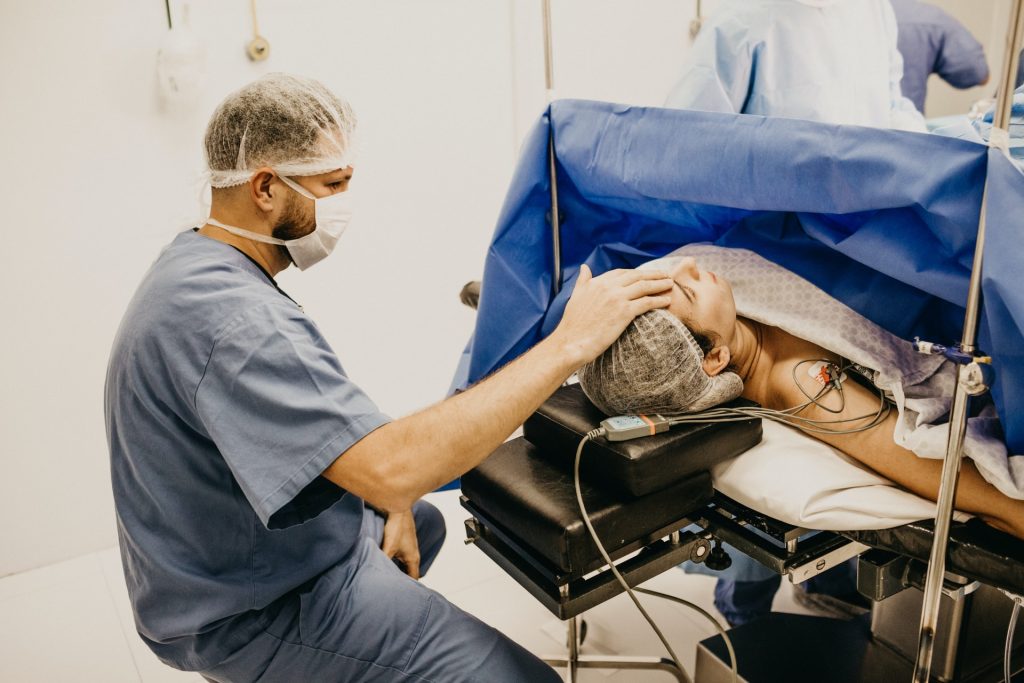Uterus Transplants are Safe and Effective, Study Finds

The world’s first complete study of living donor uterine transplantation, published in the journal Fertility and Sterility, has found that it is an effective, safe method to remedy infertility when a functioning uterus is lacking.
After seven of the study’s nine transplants, in vitro fertilisation (IVF) treatment ensued. In this group of seven women, six (86%) became pregnant and gave birth. Three had two children each, making the total number of babies nine.
In terms of what is known as the ‘clinical pregnancy rate’, the study also showed good IVF results. The probability of pregnancy per individual embryo returned to a transplanted uterus was 33%, about the same as for typical IVF.
Participants followed up
Few cases were studied, the researchers observed, but the material is the world best and included extensive, long-term follow-ups of participants’ physical and mental health.
None of the donors had pelvic symptoms but, in a few, the study describes mild, partially transient symptoms in the form of discomfort or minor swelling in the legs.
After four years, health-related quality of life in the recipient group as a whole was higher than in the general population. Neither members of the recipient group nor the donors had levels of anxiety or depression that required treatment.
Growth and development of the children were monitored as well, up to age two and is, accordingly, the longest child follow-up study conducted to date in this context. Further monitoring is planned to adulthood.
Good health in the long term
“This is the first complete study that’s been done, and the results exceed expectations in terms both of clinical pregnancy rate and of the cumulative live birth rate,” said study leader Mats Brännström, professor of obstetrics and gynaecology at Sahlgrenska Academy, University of Gothenburg.
“The study also shows positive health outcomes: The children born to date remain healthy and the long-term health of donors and recipients is generally good too.”
The first birth after uterine transplantation took place in Gothenburg in 2014. Another seven births followed, within the framework of the same research project, before anyone outside Sweden gave birth following uterine transplantation.
The research group has since passed on its methods and techniques through direct knowledge transfer to several research centres outside Sweden. By the end of 2021, there were an estimated 90 uterine transplants worldwide, of which 20 had been done in Sweden. Worldwide, some 50 children have been born after uterine transplantation.
Source: University of Gothenburg





